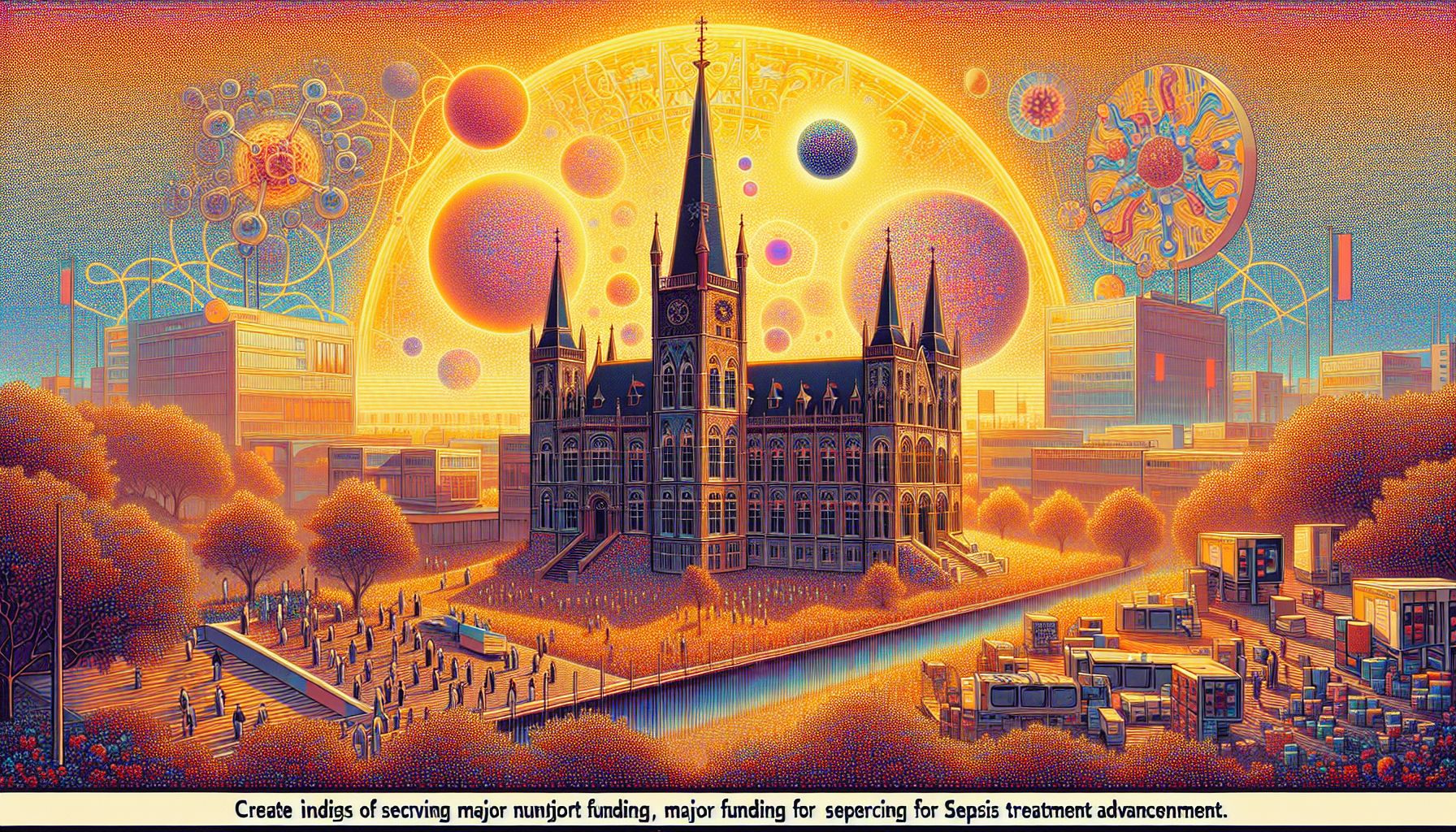Radboud UMC Secures Major Funding for Innovative Sepsis Treatment

Nijmegen, Thursday, 9 January 2025.
Radboud UMC, with the Department of Biomedical Engineering, received significant funding to advance sepsis treatment using nanomedicine, aiming for improved patient outcomes through the HEAL-SEPSIS program.
Innovation Category and Project Overview
This breakthrough development falls firmly in the healthtech category, specifically targeting one of medicine’s most challenging conditions. The HEAL-SEPSIS program, led by Professor Mihai Netea of Radboud University Medical Center, represents a significant advancement in nanomedicine approaches to treating sepsis [1]. The project has secured substantial funding through the NWO Open Competition ENW-XL grants, with funding ranging between 1 to 3 million euros per project [1].
Scientific Approach and Collaboration
The research brings together an impressive team of experts, including Professor Peter Pickkers, Professor Yang Li from Radboud UMC, and Professor Willem Mulder and Assistant Professor Roy van der Meel from the Department of Biomedical Engineering [1]. Their approach focuses on systems immunology, utilizing nanomedicine to identify and address specific immune imbalances in sepsis patients [1]. This is particularly significant as sepsis remains a major cause of morbidity and mortality [2].
Potential Impact and Current Research
The timing of this funding is particularly relevant, as recent research has revealed complex interactions between gut microbiota and sepsis outcomes [2]. The HEAL-SEPSIS program aims to develop tailored treatments that can rebalance host defenses, potentially leading to improved survival rates [1]. The project’s leader, Professor Netea, is scheduled to present at the upcoming Keystone Symposia on Innate Immune Memory in February 2025 in Vancouver [3], highlighting the global significance of this research.
Future Implications
This substantial investment in nanomedicine research represents a crucial step forward in addressing sepsis treatment. The collaborative nature of the project, combining expertise from multiple departments and institutions, positions it well to tackle the complex challenges of sepsis treatment [1]. By focusing on personalized treatment approaches through nanomedicine, the HEAL-SEPSIS program could potentially transform how we treat this serious condition [1][2].

